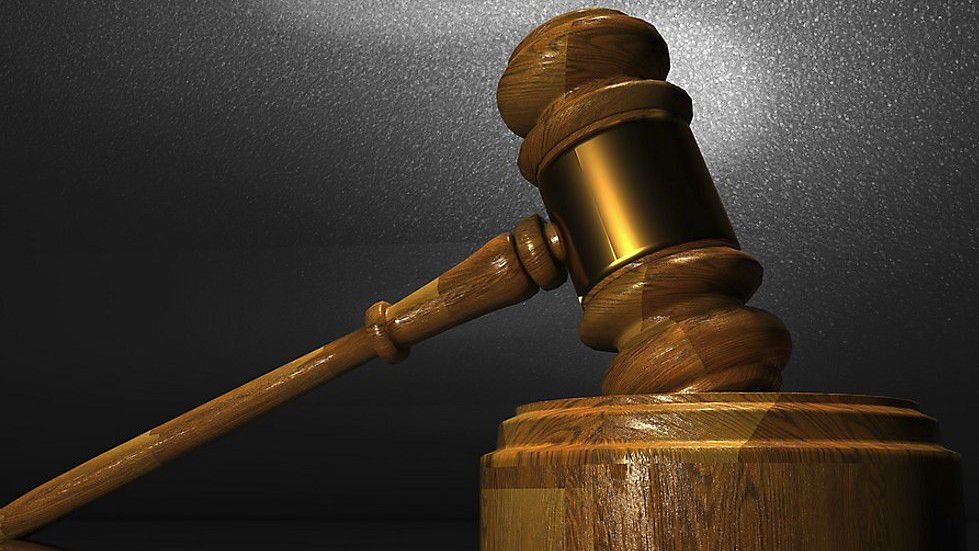Three University of Houston students who identify as conservative have sued the university, the university system and several university leaders over an anti-harassment policy they claim stifles their free speech.
According to the Houston Chronicle, the three students, who aren’t named in the lawsuit, are members of a nonprofit organization called Speech First, which has sued several universities across the country over the same issue, including the University of Texas Austin.
According to the lawsuit, the plaintiffs “want to engage in speech that is arguably covered by the University’s policy, but they credibly fear that the expression of their deeply held views will be considered ‘intimidating,’ ‘denigrating,’ ‘negative stereotyp[es].’”
The university’s policy states the following about harassment:
"Harassment – – Subjecting an individual on the basis of her or his membership in a Protected Class to unlawful severe, pervasive, or persistent treatment that constitutes:
- Humiliating, abusive, or threatening conduct or behavior that denigrates or shows hostility or aversion toward an individual or group;
- An intimidating, hostile or abusive learning, living or working environment, or an environment that alters the conditions of learning, living or working; or
- An unreasonable interference with an individual’s academic or work performance.
"Examples that could satisfy this legal standard include, but are not limited to: epithets or slurs, negative stereotyping, threatening, intimidating or hostile acts, denigrating jokes and display or circulation (including through e-mail) of written or graphic material in the learning, living, or working environment."
The lawsuit says one student believes affirmative action is racist and “fundamentally un-American,” opposes legalized abortion, objects to using people's preferred pronouns, believes that marriage should strictly be “between a man and a woman,” and is firmly against illegal immigration.
The lawsuit says the university’s policy makes the student reluctant to express his opinions.
A second student, the lawsuit says, shares many of those positions and additionally believes the gender pay gap is a “straightforward consequence of the free market.”
The third student, identified as a woman, says she “does not want to be forced to ‘affirm’ that a man is really a ‘woman’ just because he decides to identify as one.”
The complaint further states the third student “believes that the policies pushed by activist groups like the Black Lives Matter organization are corrosive to society and harmful to race relations.”
The lawsuit seeks a judgment that the university’s harassment policy violates the First and Fourteenth Amendments, a permanent injunction prohibiting the university from enforcing the policy, as well as relief.
According to the Houston Chronicle, the university stands by its harassment policy and released a statement in response to the lawsuit that states, in part, ““This lawsuit challenges the constitutionality of the University of Houston System’s Anti-Discrimination policy based on the First Amendment. We believe Speech First has misconstrued or misread this policy as our policy clearly indicates that actionable harassment must be ‘unlawfully severe, pervasive, or persistent treatment,’ the standard cited by Plaintiffs and adopted by the U.S. Supreme Court.”
The lawsuit comes after Lt. Gov. Dan Patrick last week vowed to end tenure for new college professors and strip tenure from professors who teach so-called critical race theory.



